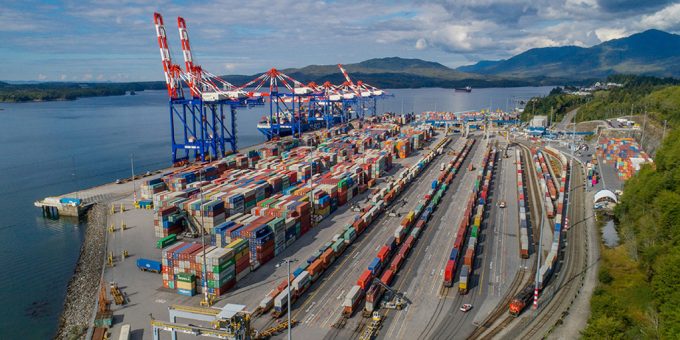Maersk warns of delays in Rotterdam after port workers' strike
Maersk has advised that, following a strike at Hutchison Port Delta II in Rotterdam on ...

Port workers in the International Longshore and Warehouse Union (ILWU) walked out on Saturday morning, beginning a strike that will hit ports on Canada’s west coast, including Vancouver and Prince Rupert, the nation’s first and third-biggest container gateways.
The stoppage involves some 7,400 workers of 49 waterfront employers, including DP World, but won’t affect grain shipments going through the ports.
The ILWU blames the British Columbia Maritime Employers Association (BCMEA) for the escalation, arguing that the employers “refused to negotiate on the ...
'Disastrous' DSV-Schenker merger would 'disrupt European haulage market'
New senior management for DSV as it readies for DB Schenker takeover
Volumes set to 'fall off a cliff' as US firms hit the brakes on sourcing and bookings
Asian exporters scramble for ships and boxes to beat 90-day tariff pause
Amazon pushes into LTL for small package fulfilment and UPS does a u-turn
Temporary tariff relief brings on early transpacific peak season
Pre-tariff rush of goods from US to China sees air rates soar, but not for long
Forwarders 'allowing the fox into the chicken run' by supporting 'hungry' carriers

Comment on this article